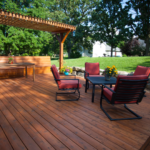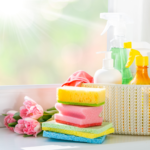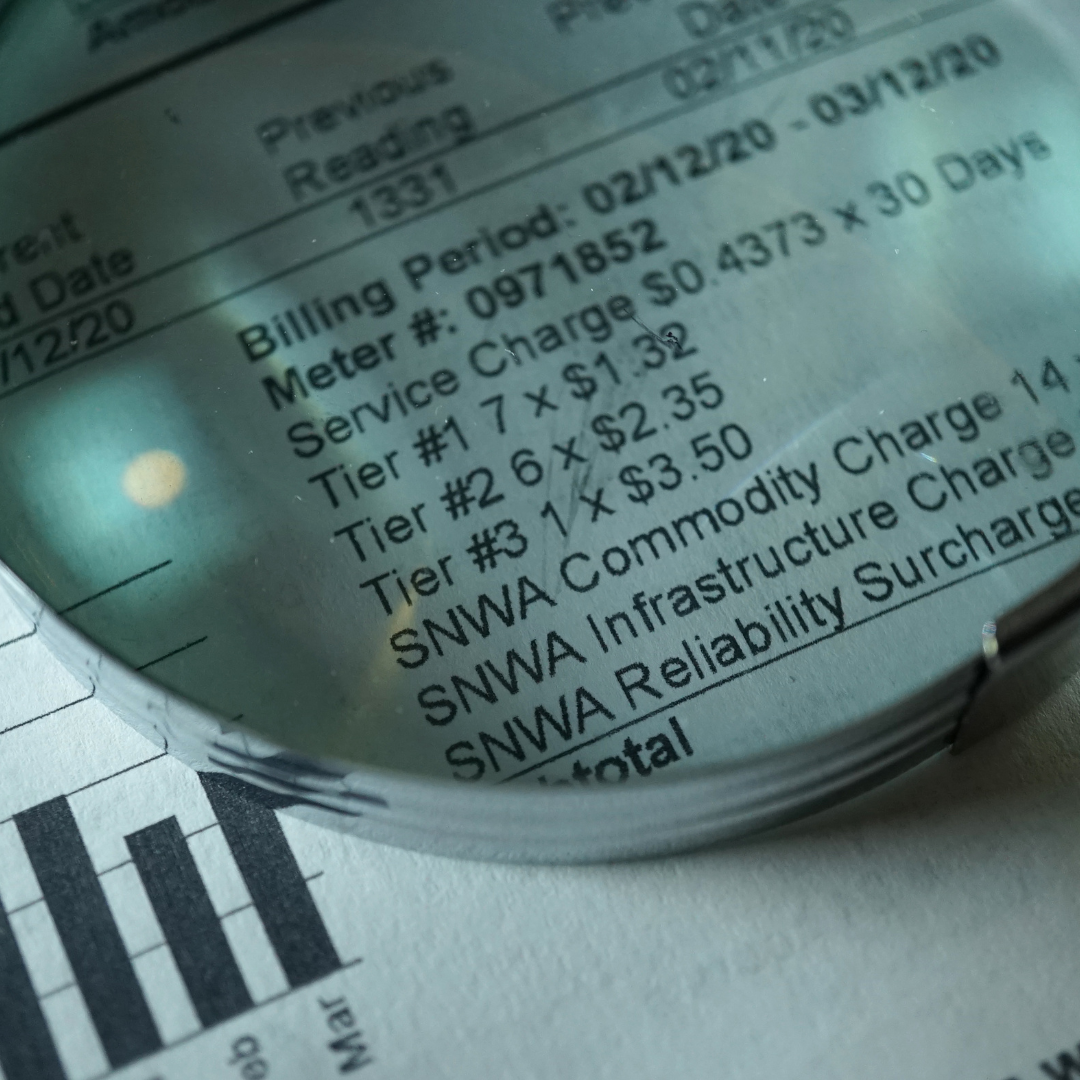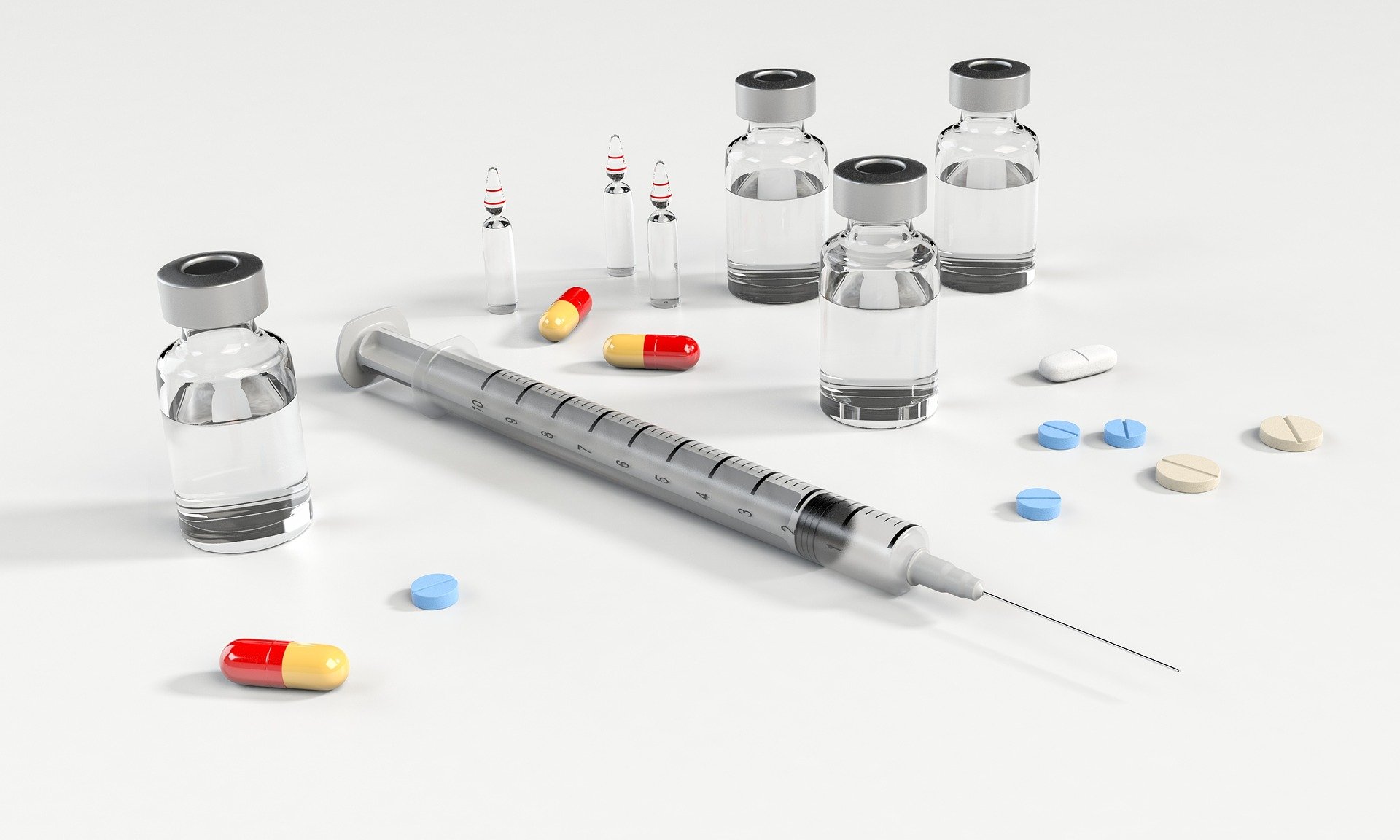Just been hit by an expensive water bill? While other utilities can often cost us more overall, water is an expense that can still tend to sneak up on people (especially given that many of us pay it in annual or bi-annual installments).
Fortunately, water bills are one of the easiest utility bills to reduce. It’s largely a case of reducing your water consumption in and around the home. Here are just several ways in which you may be able to spend less on water.
Fix any leaks
A leak could have a significant impact on your water bill. This could be anything from a dripping tap to a corroded pipe to a damaged seal on a washing machine.
Most leaks are easy to pinpoint – it could be a simple case of following the dripping sound or looking out for water damage. In other cases, a leak may require a bit of detective work to solve. A plumber should be able to help you find the source. Indications that there may be a leak besides unusually high water bills include unexplained dampness, unexplained trickling sounds, or low water pressure.
Upgrade old plumbing fixtures
You may also be able to reduce your water consumption by upgrading any old water-guzzling fixtures. Old toilets, old washing machines, and old showers could all be worth replacing.
Sites like Plumbers Stock sell modern toilets and showers that can help you to save water. You can meanwhile shop at appliance stores for energy-efficient washing machines. While buying new fixtures isn’t cheap, you’ll likely save money in the long run. This could be particularly the case if old fixtures are already starting to leak.
Don’t leave the tap running
Do you leave the tap running while brushing your teeth? Or do you leave it running while doing the washing up? If so, you could be wasting unnecessary water.
You only need to run a tap while rinsing your brush. As for doing the washing up, it’s much more economical to fill a bowl with water and wash all your utensils in this bowl rather than wash each utensil under a running tap. This can be a hard habit to kick but could save you some money.
Buy a dishwasher
On average, most people use up more water when washing dishes by hand than they do when using a dishwasher. As a result, these appliances can be worthy investments.
A decent dishwasher should be able to clean all its contents in one cycle. Some machines have economy settings, but these may not always provide a thorough cleaning. You can find guides at sites like Expert Reviews that list the best dishwashers on the market.
Certain utensils such as pots and pans may still benefit from being soaked in hot water to get rid of tough food debris. It’s best to leave pans to soak immediately after cooking so that food has less of a chance to harden up.
Wash full loads
To reduce the water consumed by your washing machine, make sure that each load is full. If you’re only washing half loads, you’ll be having to use your washing machine twice as much to get through all your laundry.
Don’t worry too much about separating colors – it’s a good idea to separate whites and to be careful with new clothes (they’re more likely to run), but otherwise, most colors won’t affect each other.
It is possible to overload a washing machine, but generally, this involves stuffing it until nothing else will fit. Fill up the drum, but don’t try to squeeze clothes into it like a suitcase.
Shower more, bath less
You can also save water by taking fewer baths and more showers. The average person uses 30 gallons when filling a bathtub, while the average 10-minute shower uses up no more than 20 gallons.
If you prefer long showers, then baths may be more economical. However, for most people showering uses up less water.
Avoid ironing
If you do a lot of ironing, you could be consuming water every time you fill it up (although admittedly not a lot in the grand scheme of things). Ironing isn’t always necessary – if you hang up clothing to dry immediately after washing, you can usually prevent most creases from setting in. Besides, ironing is a chore that most people don’t want to do anyway. So why do it?
Use your vegetable water
Most of us chuck away the excess water when boiling or steaming vegetables, however, there are times when it could be reused. Vegetable water makes a great base for broth and it can even be used to cook pasta straight after, helping to add flavor.
There’s also the option of letting it get cold and using it to water plants with – it will be full of nutrients that could benefit your shrubs.
Harvest rainwater
When it comes to watering your lawn and plants, you can save a lot of money on water by harvesting rainwater. While you shouldn’t drink rainwater without purifying it first, it can be ideal for watering plants and will save you using your mains water supply.
You can collect water by using a rain barrel. Many of these have taps attached from which you can fit a hose or simply fill up a watering can.
Consider recycling greywater
It’s possible to reuse wastewater from your taps and shower for toilet flushing. This could help to save you a lot of water and a lot of money. Fitting a greywater recycling system isn’t cheap so this is a long-term investment, but one that could be well worth looking into if you plan to stay in your home for the foreseeable future.












